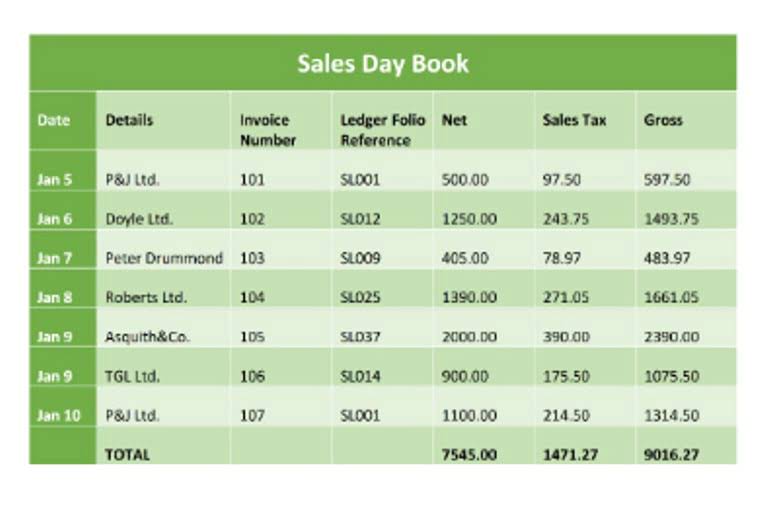
If you skip tracking QuickBooks depreciation for your properties, you’re missing a significant ongoing deduction. Don’t shortchange yourself at tax time—maximize your deductions with depreciation for your rental property. The right software solution for you should fit your needs and be flexible enough to grow with you as your business changes. That means it needs to have bookkeeping tools, property management features, and detailed reporting options for landlords.
Delivering Transparent Financial Reports
Continuous improvement and adaptability are essential for modern real estate accounting. By regularly reviewing processes and adapting to market changes, businesses can stay ahead of the curve. This involves periodic system upgrades, feedback loops, and staying abreast of industry trends. Financial activities and property management goals must align for business success. Synchronized budgeting, data-driven decision-making, and efficient resource allocation are key. These strategies ensure that financial activities support property management objectives.

Keep Business and Personal Finances Separate
Accounting for real estate may feel overwhelming, but understanding the key terms is a great first step. In the list below, we’ll break down some of the most important concepts every rental property owner should be familiar with so you can confidently run your business. Without clear information, you’ll have trouble tracking your profits and managing your budget effectively. Inaccurate reports may also raise red flags with the IRS, potentially triggering audits or penalties. Depreciation is a way to recover fixed asset costs, making this a key tool for rental property owners. You can deduct a portion of the cost each year, which lowers your tax liability.
Vendor Management and Payment Scheduling

Furthermore, continuous professional development ensures that real estate businesses remain competitive and ahead of the curve. Real estate accounting stands distinct from other accounting domains due to its unique challenges and intricacies. The property sector has real estate bookkeeping specific transactional nuances, valuation methods, and revenue recognition standards. Accrual accounting plays a pivotal role, especially in property management.
Strategies for Tracking Rental Income and Expenses Effectively
- Accurate evaluation ensures that businesses can navigate the market effectively.
- Accurate forecasting ensures that businesses can plan effectively and pursue sustainable growth.
- They also undertake capital expenditures to enhance property value.
- The real estate sector is rapidly evolving, with technology playing a pivotal role.
For real estate professionals, compliance with accounting standards is crucial. Accurate compliance drives financial transparency and stakeholder trust. Ultimately, compliance with accounting standards ensures that financial statements are comparable and transparent.


Expense tracking ensures that expenditures are recorded accurately. Streamlining this tracking is crucial for accurate income statements. Advanced software Remote Bookkeeping solutions offer features for streamlined expense tracking.
